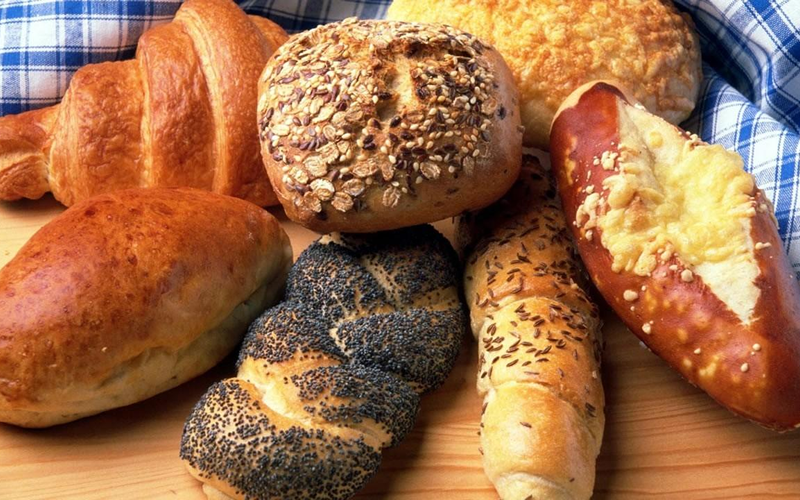When you think of carbohydrates you may think of all of the foods we are told to shy away from: breads, pastas, potatoes, etc. Let’s first delve into how carbohydrates got this bad rap. Back in the 1980’s, the low-fat diet became all the rage. Low-fat salad dressings, reduced-fat peanut butter, light potato chips. We were all told that fat was the enemy. The thought process for this concept was that one gram of fat is equal to 9 calories, while one gram of carbohydrate or protein is equal to only 4 calories. Therefore, wouldn’t fat be making us “fat?” Well, not exactly…
Fat is responsible for a whole lot of flavor. When manufacturers began removing all of the fat out of products, they had to add something to replace the flavor. Can you guess what that was? Yep, sugar. These low-fat, yet secretly high-sugar products made us all gain more weight. It seemed to make perfect sense. If it wasn’t the fat making us “fat”, then it must be the carbohydrates. Hence, the low-carbohydrate diet trend was born.
If you follow a low-carbohydrate diet, you may notice some weight loss. But in actuality, it’s not because you started ditching the pasta and bread. It’s because you’re consuming less calories overall. But weight loss is weight loss, right? Wrong. Eliminating any food group from your diet can cause incredibly harmful consequences and it’s unsustainable. Sure, you may lose weight at first, but studies show that the weight eventually creeps back on. So, let’s set the facts straight…
Not all carbohydrates are created equal.
Carbohydrates come in two different forms: simple and complex. Foods that contain simple carbohydrates are the “white” breads, baked goods, sweetened beverages, etc. Simple carbohydrates are mostly comprised of sugar, which offers little nutritional value. Complex carbohydrates include fruits, vegetables, whole grains, beans, etc. Complex carbohydrates contain fiber and digest slower, making us feel satisfied longer. They also contain vital nutrients, help control cholesterol, and assist in regulation of insulin levels. Both simple carbohydrates and complex carbohydrates fit in a balanced diet. While simple carbohydrates offer less nutritional value than complex carbohydrates, avoiding any food or food group can cause more harm than good.
Our brains need carbohydrates to function properly. Carbohydrates contain glucose, which is the brain’s main source of fuel. If you don’t consume carbohydrates, you may feel irritable, weak, and have difficulty concentrating. Without carbohydrates, both muscle growth and metabolism can slow down. Your body will enter starvation mode and begin to use fats as a source of energy. This process produces ketones, which change the acidity of the blood and can become very dangerous.
They taste good.
Who said we have to stop eating foods that taste good? Some foods are more nutritious than others, but no foods are “bad.” Mental health is just as important as physical health, foods are allowed to make us happy, and sometimes you just need to eat that bowl of your favorite ice cream.
Life is all about balance, and that goes for food too. To obtain a healthier diet, I recommend you put more colors on your plate, eat a variety of foods, drink your water, and don’t overcomplicate eating by restricting all of your favorite foods.
– Kelly Scott, MS, RDN, LD










